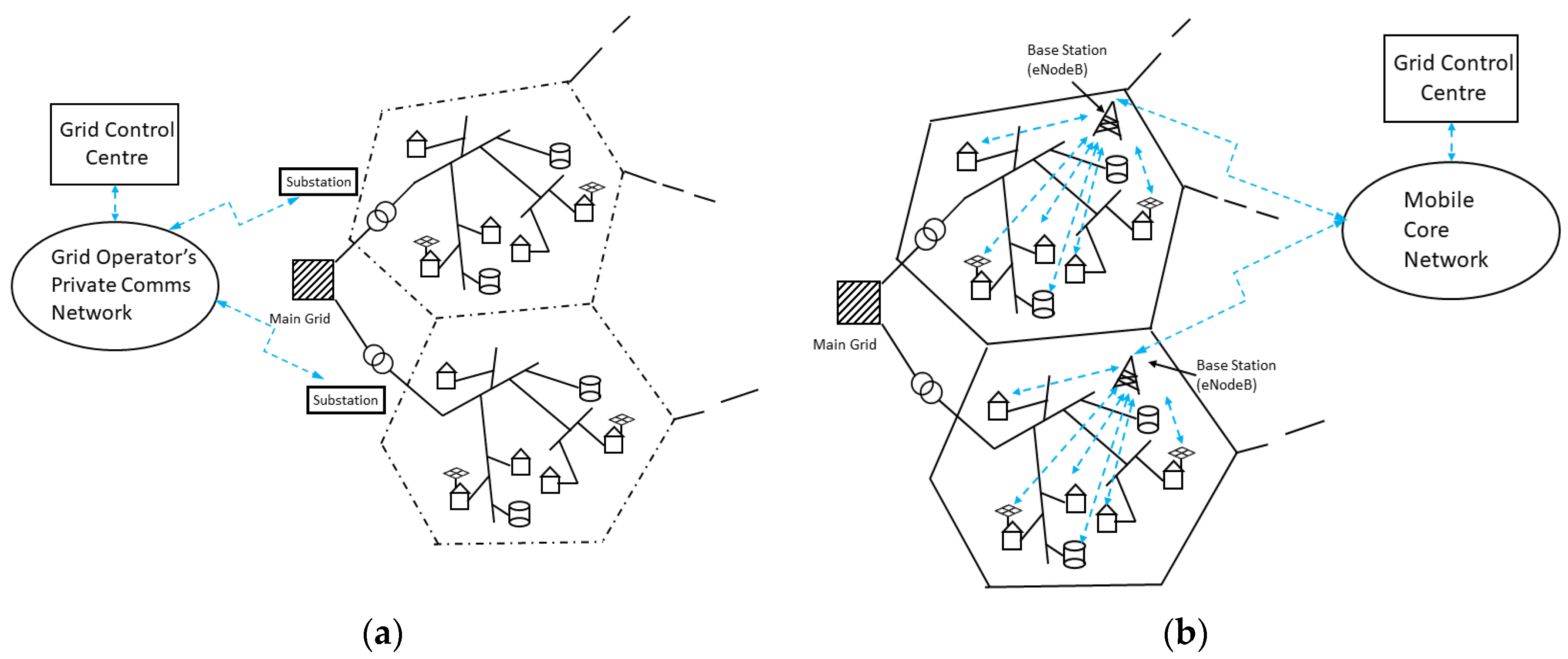
Slovenian journalists face widespread online harassment and threats, not least from the country’s Prime Minister Janez Janša, while reports that public and private media are subject to political interference keep emerging. Publishing groups signed an open letter, stating that they are “firmly opposed to the use of the epidemic as an excuse to introduce yet another, new, exceptionally heavy burden on the media”. Many of them participated in a “media blackout” last month: black screens and looped audio recordings raised awareness against the impact of stifling media freedom. In Poland, the government’s plans to impose a levy on media advertising revenue to support healthcare and culture have been criticised as disproportionally targeting independent outlets.


In the debate, MEPs are expected to focus on the independence of the Media Council and how media freedom has been deteriorating for several years. that it had not been duly informed of the station’s music programming) have been described by Reporters Without Borders as “trivial”.

A court upheld the decision, even though the reasons cited by the Media Council (i.e. Hungary’s media regulator decided not to renew opposition-leaning Klubrádió station’s licence, which expired on 14 February.


 0 kommentar(er)
0 kommentar(er)
